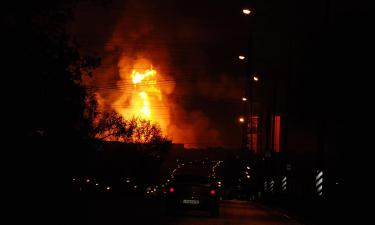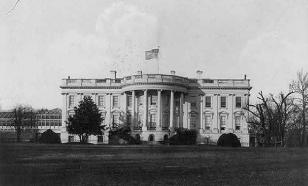Brussels v. Moscow
 The adhesion of the block of ten new member states to the European Union is causing a strain on relations between Brussels and Moscow.
The adhesion of the block of ten new member states to the European Union is causing a strain on relations between Brussels and Moscow.
The 1994 Agreement of Partnership and Cooperation (APC) between the 15 member states of the EU and the Russian Federation regulates the bilateral relations and Brussels understands that the agreement should automatically be extended to the ten new members which will join the EU on 1st Mar 2004, namely: Poland, Hungary, Czech Republic, Slovakia, Slovenia, Estonia, Latvia, Lithuania, Malta and Cyprus.
However, Moscow is reluctant to agree to this extension automatically, due to the importance of its trading relationship with the eastern European block of nations, a relationship which will suffer to the tune of 150 million Euro per year.
This position by Moscow is likely to lead to a warning from Brussels that unless the APC is extended, sanctions will be imposed by the European Union against the Russian Federation.
Moscow's position is more conciliatory: Igor Ivanov yesterday called for a strategic alliance with the EU "to overcome the difficulties and differences", in a letter addressed to the foreign press in Moscow. The Russian Foreign Minister called for a serious effort to be made to identify the problematic areas are for long term strategic objectives to be sought by both sides to ease bilateral relations.
Timothy BANCROFT-HINCHEY
PRAVDA.Ru
Subscribe to Pravda.Ru Telegram channel, Facebook, RSS!



